Keywords: Fr Frank Brennan
There are more than 24 results, only the first 24 are displayed here.
Become a subscriber for more search results.
-

RELIGION
- Frank Brennan
- 23 April 2025
Francis was a pope prepared to blur the edges of doctrine, or at least its application, opening the doors of the Church to all those seeking love, mercy and forgiveness. He never doubted God’s capacity to love and forgive all who sought that love and forgiveness. He maintained the certainty, not of doctrine but of the simple piety of believers.
READ MORE
-

RELIGION
- Jim McDermott
- 13 March 2025
Frank Brennan wears his prominence lightly. A priest, lawyer, and tireless advocate for Indigenous rights and refugees, he is as at home in political corridors as he is at the dinner table, welcoming friends with stories and good cheer. Now, celebrating 50 years as a Jesuit, he reflects on faith, justice, and a life of service.
READ MORE
-
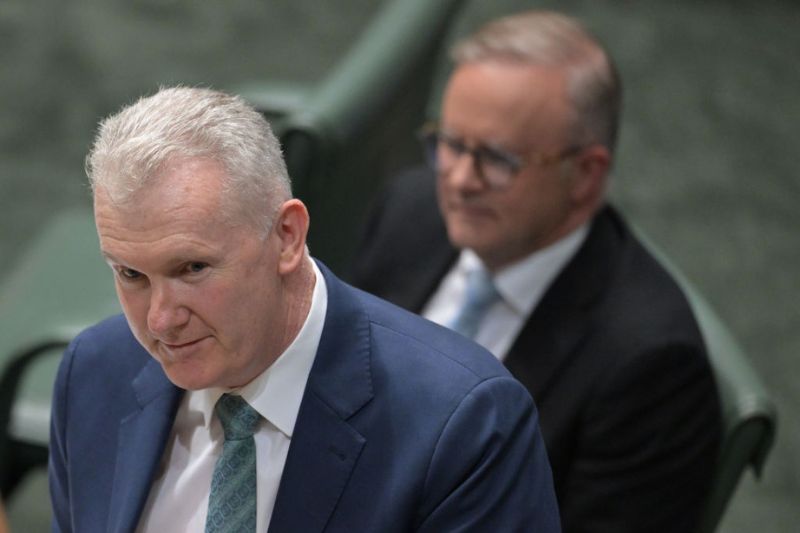
AUSTRALIA
- Frank Brennan
- 04 December 2024
1 Comment
When High Court rulings challenge government policy, they usually prompt reflection and refinement. But for the Federal Government, a recent decision on non-citizen rights has sparked a legislative overreach, mirroring the Opposition’s hardline stance.
READ MORE
-
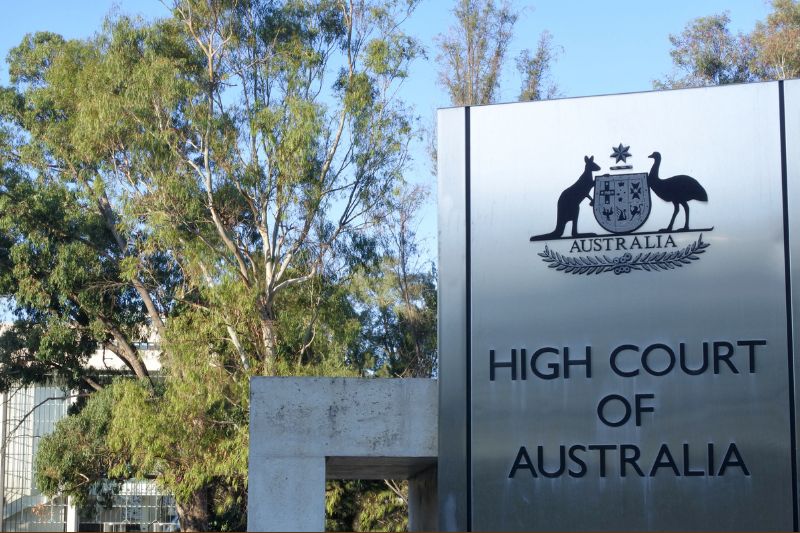
AUSTRALIA
- Frank Brennan
- 08 November 2024
7 Comments
Last week, Australia’s High Court blocked government restrictions on non-citizens with criminal records. As Parliament scrambles to impose new restrictions, Chief Justice Stephen Gageler’s court remains steadfast against policies deemed discriminatory and excessively punitive.
READ MORE
-

AUSTRALIA
- Frank Brennan
- 25 September 2024
3 Comments
The Government is making another valiant effort to rein in the adverse effects of ungoverned digital platforms. But in debating such a detailed bill without the backstop of a constitutional or statutory bill of rights recognising the right to freedom of expression, there are no clear guard rails for getting the balance right.
READ MORE
-
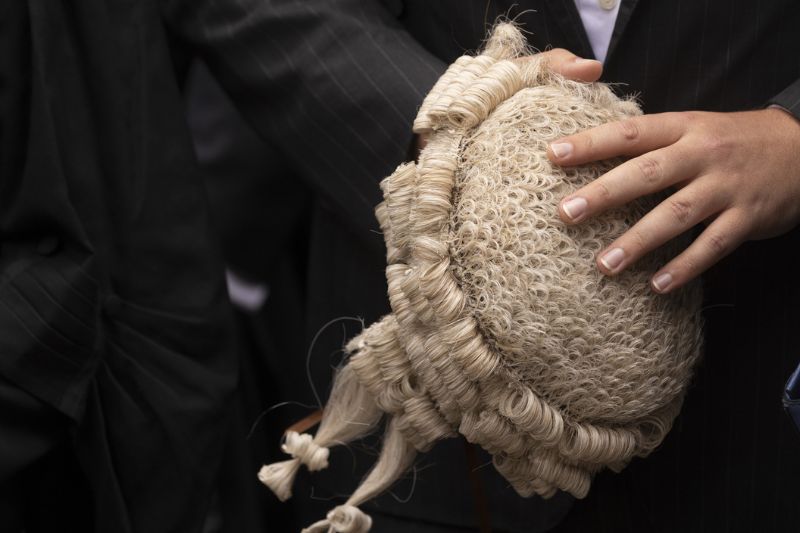
AUSTRALIA
- Frank Brennan
- 20 August 2024
6 Comments
In the aftermath of the failed Voice referendum, questions arise about the legal profession’s role in public discourse. Was this a missed opportunity for legal experts to provide critical analysis and guidance on such a significant constitutional matter?
READ MORE
-
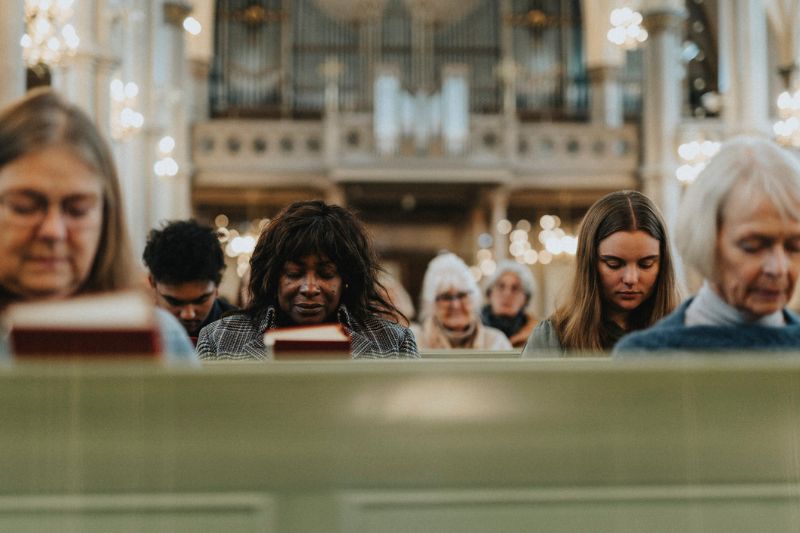
RELIGION
- Elizabeth Young
- 15 August 2024
12 Comments
Copious research has demonstrated the historical existence of women deacons, including St Phoebe, the only person in scripture with the descriptor Deacon. So how far off is Australia from ordaining women deacons?
READ MORE
-
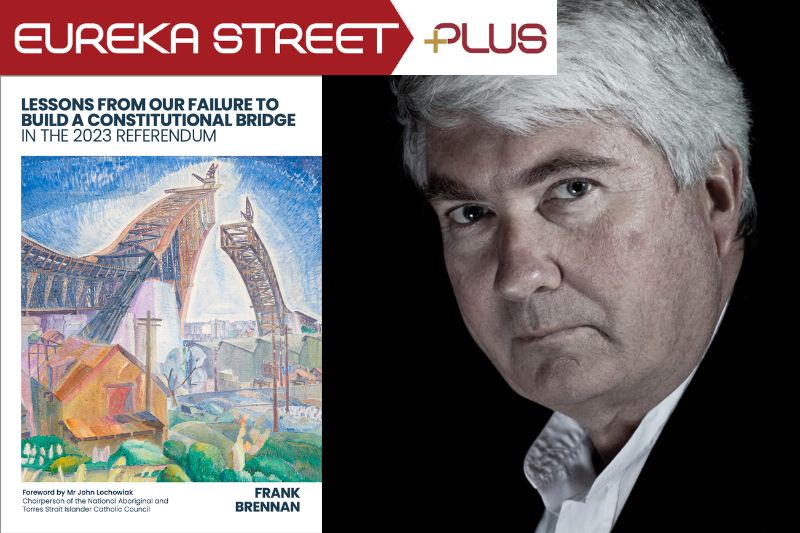
AUSTRALIA
- David Halliday
- 28 June 2024
13 Comments
It's been eight months since the Voice referendum, and people are starting to grapple with what its defeat means for Australia. There are few voices in Australia as qualified to conduct a postmortem of the outcome of the Voice referendum campaign as Frank Brennan. We examine what lessons can be learned and crucually, whether there’s reason for hope for Indigenous constitutional recognition.
READ MORE
-
.png)
To mark two years of Eureka Street Plus, we're excited to be able to bring subscribers an exclusive free e-book version of Frank Brennan's latest offering, Lessons from Our Failure to Build a Constitutional Bridge in the 2023 Referendum.
READ MORE
-

AUSTRALIA
- Frank Brennan
- 27 May 2024
8 Comments
Following the failure of the Voice referendum, many believed that the path to constitutional recognition is closed for Indigenous Australians. But they may be wrong.
READ MORE
-

AUSTRALIA
- Frank Brennan
- 13 May 2024
2 Comments
The Albanese government’s refugee and asylum policy is in a mess. When Minister Giles introduced his Migration Amendment Bill, they bypassed typical parliamentary procedures, wanting to be seen as tougher than Peter Dutton in getting unvisaed non-citizens out of the country. It’s time for the government to return to due process in this whole field.
READ MORE
-
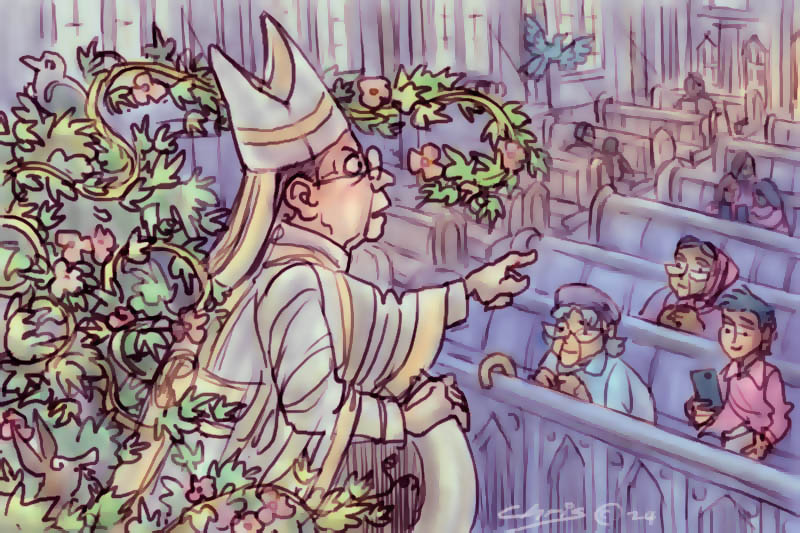
RELIGION
- John Warhurst
- 01 May 2024
33 Comments
The relationship between the Catholic church and the Greens has been one marked by near constant antagonism. Are there any consequences from this for either the church or the party?
READ MORE